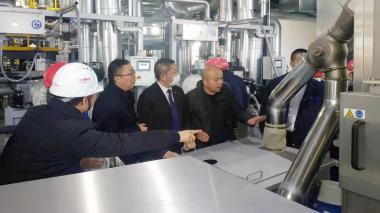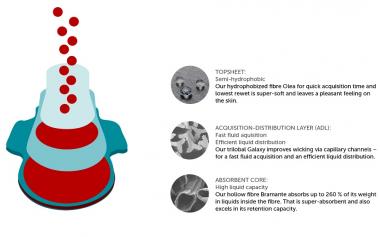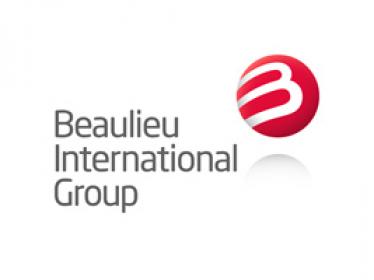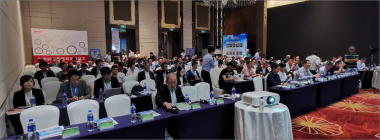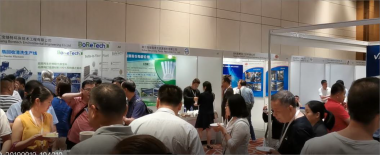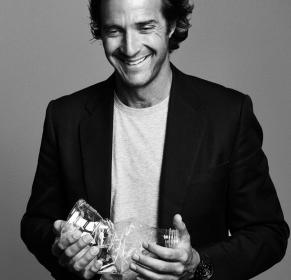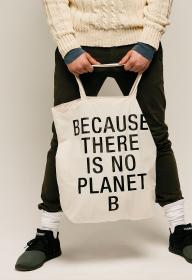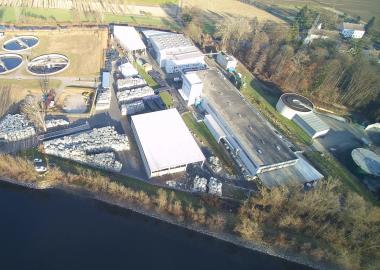Oerlikon Barmag Huitong Engineering commissions first PBS system
A polybutylene succinate (PBS) polycondensation system was commissioned at Yingkou Kanghui Petrochemical Co. Ltd. in Dalian in the Chinese Liaoning Province at the beginning of January 2021. The PBS system, for which Oerlikon Barmag Huitong Engineering supplied both equipment and engineering, has a daily production capacity of 100 tons
It is used to manufacture high-viscosity chips for biodegradable films. Consequently, Yingkou Kanghui, a subsidiary of the Hengli Group, is catering to rising demand for biodegradable polymer products – demand that is increasing not just in China, but across the globe. Yingkou Kanghui Petrochemical Co., Ltd., founded in 2011, predominantly produces polyester chips and films. By expanding its portfolio to include the manufacture of PBS products, the enterprise is positioning itself as a pioneer of biopolymer production: In view of the large quantities of plastic waste not just in the oceans, biopolymers are considered the materials of the future.
The new plant at Yingkou Kanghui Petrochemical Co, Ltd. was production-ready with the support of Oerlikon Barmag Huitong Engineering within less than 14 months following contract signing.
Oerlikon Barmag Huitong Engineering Co. Ltd.,
Oerlikon


